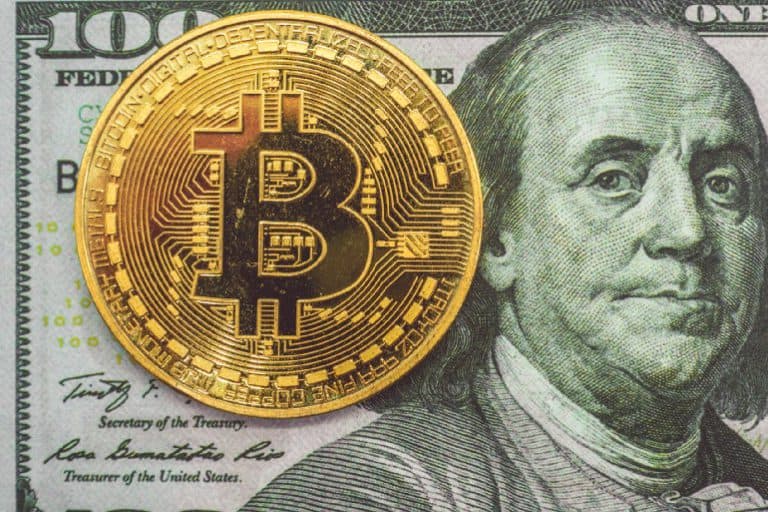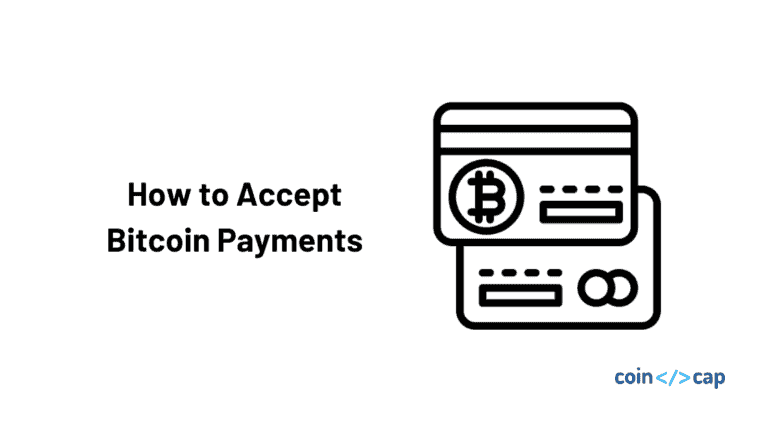
Cryptocurrencies have been around for over a decade now. During this time, bitcoin has secured the status of the most popular and dominant digital currency. Though it has faced some ups and downs, its value continues to increase.
Some experts believe in the future of bitcoin as a global currency, while others disregard it as a fad. “Cryptos are not currencies,” says the managing director of the European Central Bank, Christine Lagarde. She believes cryptos are merely speculative assets that pretend to be currencies.
In contrast, Adam Draper, an avid American Bitcoin investor, says, “I think that the future of currency is digital, and Bitcoin has a good shot at being the currency of the future.”
The potential of digital currencies is also attracting many governments. The Central Bank of India is planning the launch of its digital currency this year.
Still, Bitcoin is far from being as accepted as traditional currencies, and many wonder whether it will ever reach a similar status. Let’s find out.
Is It Really Possible to Give Up Cash?
With the rise of cryptocurrencies, the idea of a “cashless society” is gaining traction. Without cash, people would use only digital forms of payment. These may include credit cards, debit cards, digital wallets, and cryptocurrencies.
Yet, this concept is not a new one — it has been around for decades. But blockchain technology has made it possible to make payments quickly without any intermediaries. This makes it an attractive option for people and businesses all over the world. Due to this reason crypto exchanges appeared, a crypto exchange is a platform on which you can buy and sell cryptocurrency. An example of this is Currency, one of the most popular exchange platforms nowadays.
El Salvador is an excellent example. Just recently, the Latin-American country shook up the traditional financial system by becoming the first country to recognize bitcoin as legal tender. This means Salvadorans can now use bitcoin as a currency.
While El Salvador is the first nation to classify bitcoin as legal tender, it is not the first to make the move towards a cashless future. Sweden has been moving towards a 100% cashless society for years now. Statistics show that Sweden’s share of cash payments has decreased from 40% to 9% between 2010 and 2020. Moreover, the use of banknotes is declining rapidly in the US, and cash is fading from Europe as well.
So, one could wonder, is cash on the way out? The reality is that cash may be indeed becoming obsolete, and there are several reasons for this.
The COVID-19 pandemic has been a catalyst for the decline of cash. The fear of catching the virus from paper money has led people to consider digital forms of payment. Today, people are spending less time with cash and more time with credit and debit cards — hence the rise of digital payments and mobile wallets.
Cryptocurrencies are also a big factor, as they offer a more fitting payment system for the digital age than fiat money. They are perfect for a cashless society because they are global and decentralized. You can use them to buy anything, anytime, anywhere in the world. Plus, cryptocurrencies are secure and difficult to counterfeit.
Yet, Bitcoin and other cryptos still have a long way to go before completely replacing fiat money.
The biggest challenge for cryptocurrencies is regulation. The regulation of cryptocurrencies differs from one country to another. Some countries have banned cryptocurrencies. Others like the US, UK, and Canada are more open to crypto regulation.
Yet, the reality is that they are still mostly unregulated, which makes it difficult to know how to deal with them. This increases the risk of fraudulent activity and cyberattacks.
The lack of regulation makes it difficult for businesses to accept cryptos as payment. As a result, many people want to invest in bitcoin but are afraid to get involved with it because of fear that it is unsafe.
Also, the volatility of cryptos makes it difficult for them to be used as a means of payment. They are not stable enough to function as a reliable day-to-day currency.
Advantages and Disadvantages of Digital Currencies
Despite the obstacles, digital currencies have many advantages over fiat currencies.
First, digital currencies are borderless and can be transferred anywhere in the world with minimal fees. Data from past studies suggests the cost of cash payments to GDP ratio tends to be between 0.4% and 0.9% for most economies. Cryptocurrencies could potentially help reduce this cost with low transaction fees.
Second, they are immune to government manipulation or interference. This means more control and independence for users.
Third, cryptos offer encryption, meaning that they can’t be counterfeited. This provides more security than traditional fiat currencies.
Finally, they can provide anonymity for their users. This gives a lot of control and privacy to the user.
As for disadvantages, digital currencies have much higher volatility than fiat currencies. Cryptos can quickly experience large price swings, increasing the risk of investment. This makes it difficult to price items and plan budgets, which is a major drawback.
As with anything digital, there’s always the lurking danger of cyberattacks. Digital currencies are susceptible to cyberattacks, as seen in the case of Crypto.com. This could result in loss of data and massive financial losses for users.
Moreover, cryptos are not as widely accepted by merchants and consumers amid regulation concerns. As a result, they still have limited acceptance as an alternative to fiat currencies.
Digitization Will Take Place Gradually
Cryptocurrencies may be the future of money, but this is still a topic under debate. It is too early to talk about the complete replacement of paper currency within the next 10 to 15 years. Even if it happens, it will most likely only affect large, developed cities and countries.
Digitization will take place gradually as people become more comfortable with it. There are several stages of digitalization that can take place:
- Cryptocurrencies partially replace fiat money in specific sectors, like e-commerce.
- More businesses and governments accept digital currencies as a form of payment.
- Widespread use of digital currencies in all sectors of the economy.
- Complete digitization of money, with cryptocurrencies replacing fiat money entirely.
That said, we’re still a long way from replacing traditional currencies with crypto — for now.
Conclusion
Digital currencies are revolutionizing the way we do business, but with risks. There is reason to believe that cryptocurrencies will continue to grow in popularity. In the future, different countries will likely adopt digital currencies at different rates. Yet, it is still too early to say if they will completely replace fiat currencies.









